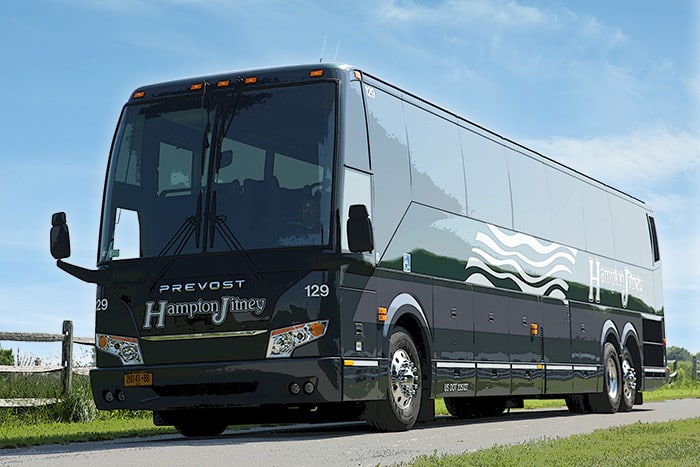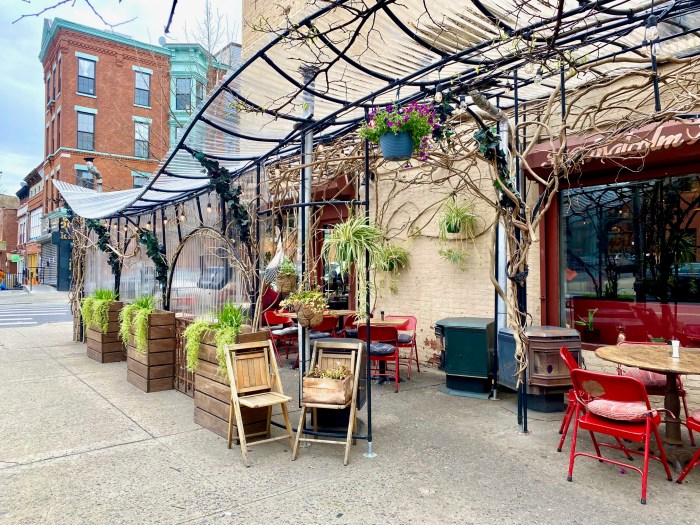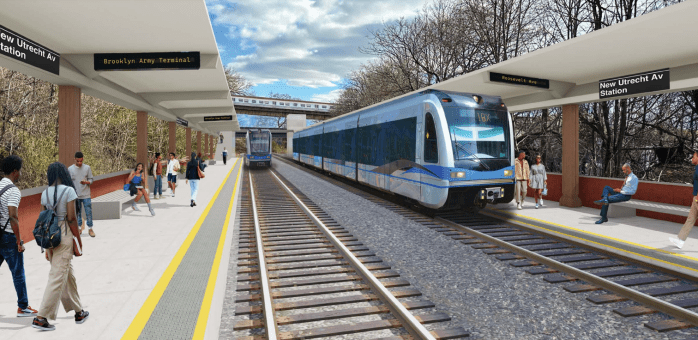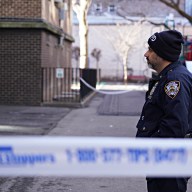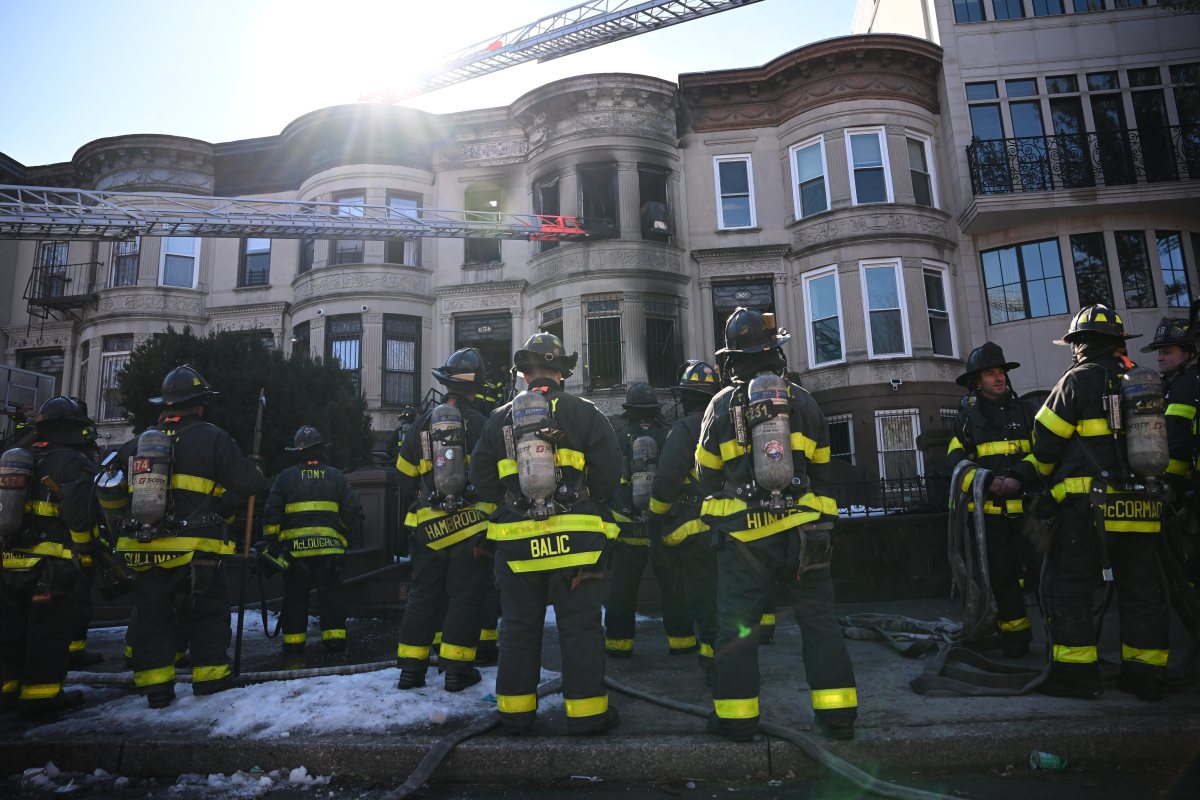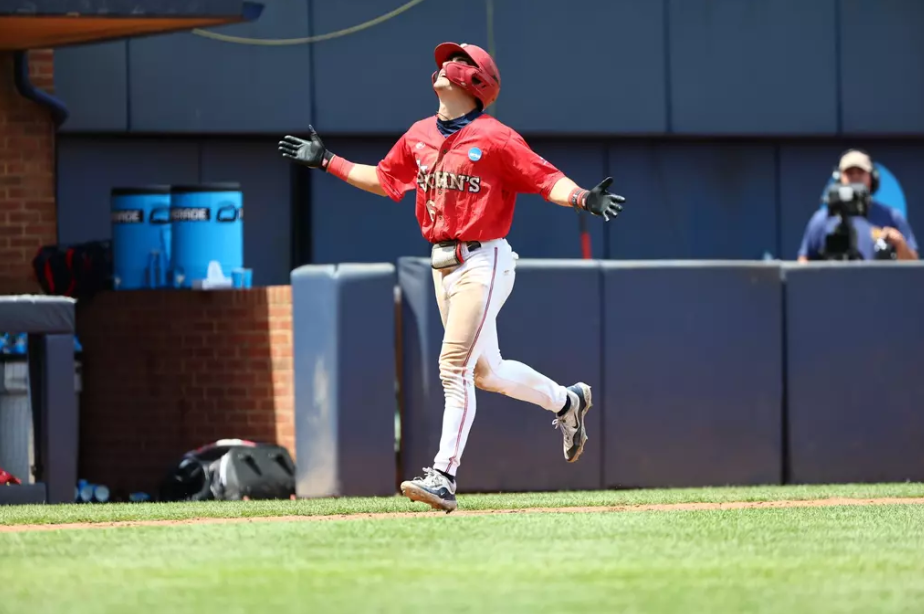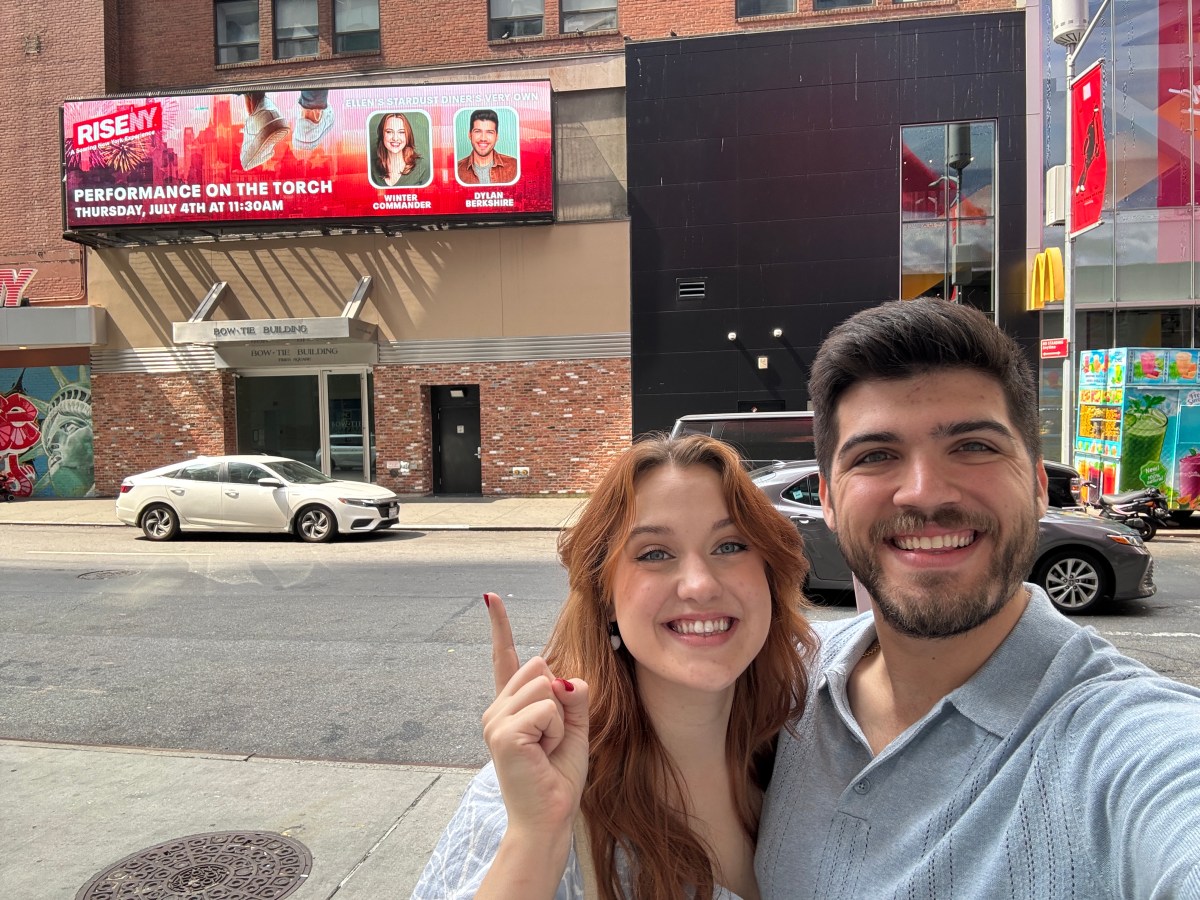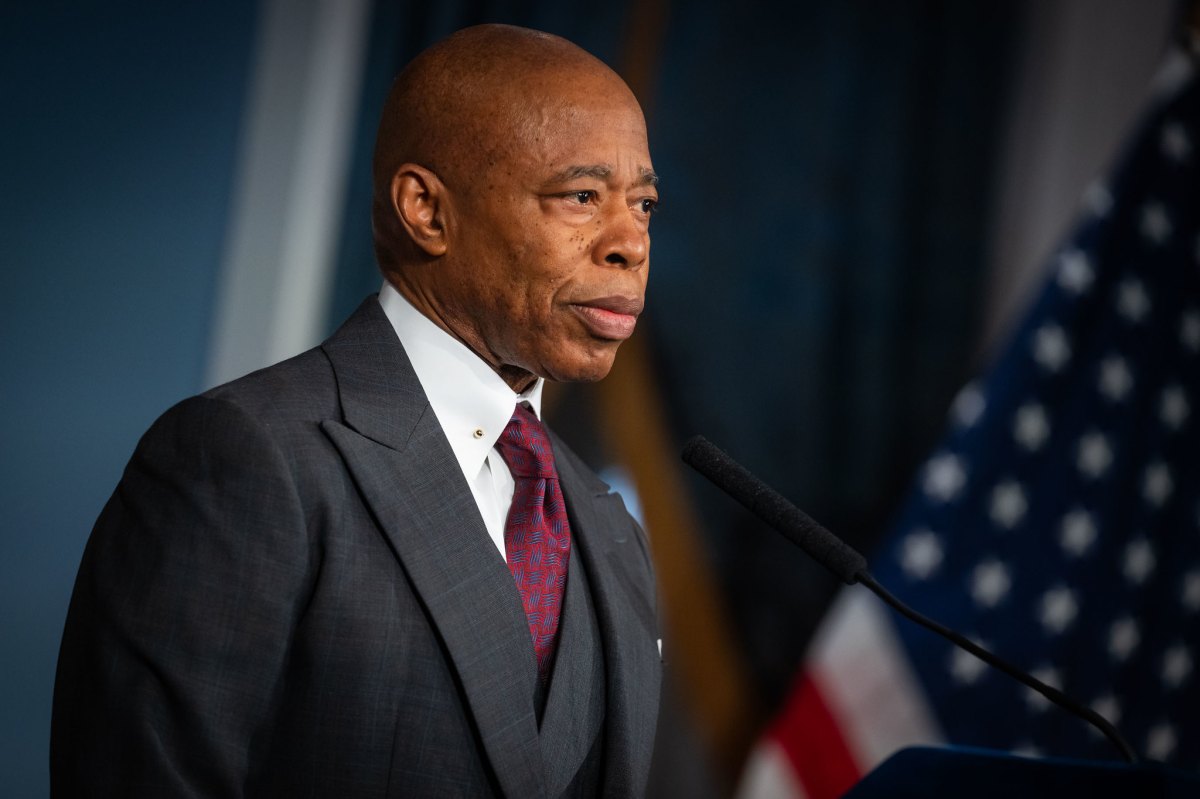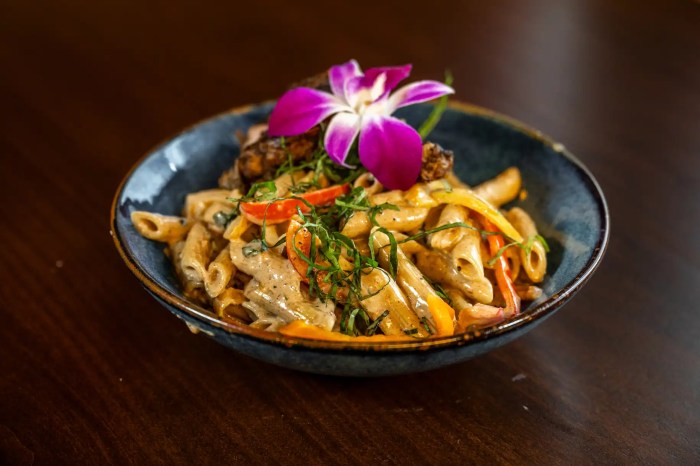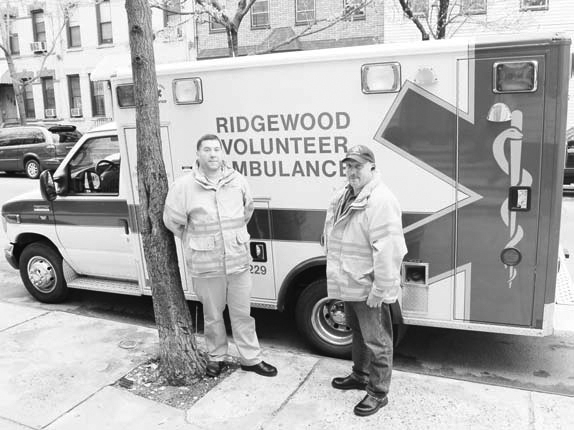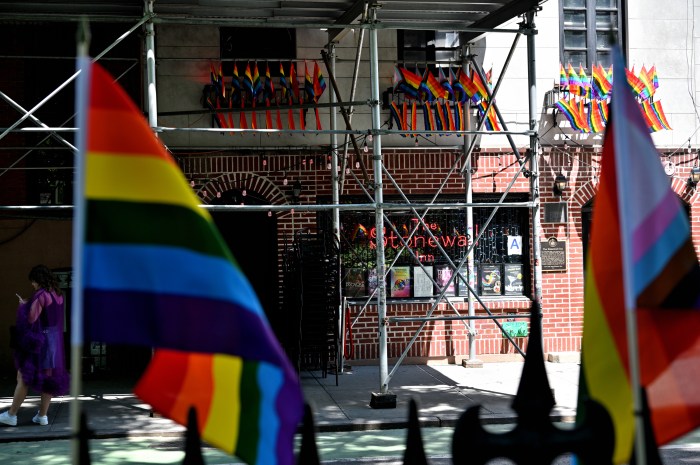The Hampton Jitney, a bus company known for shuttling customers from New York City to the luxe pastures of eastern Long Island, warned riders this week that fares could be increased if it does not get an exemption from the upcoming congestion pricing program.
In a Feb. 25 letter to passengers, Jitney President Geoffrey Lynch said the company’s toll expenses will dramatically increase if it is not granted an exemption from congestion pricing — which will charge motorists a toll once per day to drive into Manhattan south of 60th Street. MTA officials hope to have the program up and running by the spring.
The Traffic Mobility Review Board’s proposal, tentatively adopted by the MTA late last year, did not grant an exemption for intercity buses like the Jitney. Therefore, buses like the Jitney would be charged $24 per day to enter Manhattan, where passengers are picked up before being transported east to the Hamptons.
The Jitney travels through the Queens Midtown Tunnel, which is already tolled and thus would be eligible for a $12 crossing credit.
Bloomberg, which first reported the Jitney’s concerns, reported that they would increase by about 30%, rising from a $41.12 round trip using EZ-Pass through the Queens Midtown Tunnel to $53.12.
An MTA spokesperson pointed to the language in the TMRB’s official recommendation to the MTA, which justifies subjecting intercity buses like the Jitney to the toll.
“Intercity buses do not serve commuters on a daily basis, although they do provide an efficient, quasi-transit option, especially for people of more moderate means,” reads the report. “They should be charged $24.”
Reached for comment, Lynch told amNewYork Metro in an interview that he disputes the MTA’s notion that it is an intercity carrier, like a Boston-to-New York route which is regulated by the federal Department of Transportation. The Jitney is designated as an “intra-state public transit carrier” by the New York State Department of Transportation, he noted.
“Hampton Jitney is, in fact, a commuter service, we bring in commuters every single day into New York City,” said Lynch. “Our service is within New York State, and it is a designated public transit carrier by New York State. So we believe their definition of what Hampton Jitney is, is wrong.”
Although the Jitney does not have a government contract for its transport services, Lynch believes the MTA is wrong to say the Jitney is not public transit.
“The principle of the congestion toll price is to incentivize people to not use their personal automobiles and use public transit, which Hampton Jitney is public transit,” Lynch said. “We are a regional carrier that brings commuters between New York City and the east end of Long Island seven days a week, 365 days a year.”
“We believe, and we hope our passengers agree, that if they’re taking mass transit they shouldn’t be penalized with an increased toll, or an increased fare in their case,” Lynch continued. “Because they’re doing what are the principles behind this congestion toll program.”
A Jitney ticket costs $31 on the Westhampton and North Fork lines and $40 on the Montauk line. A premium Ambassador class fare costs $62.
Lynch said that if the Jitney is not granted an exemption, the company is mulling hiking fares by “roughly 5%” to cover expenses.
The MTA intends to implement the toll by June, and has already begun installing gantries at points of entry to Manhattan’s central business district. The program — and the capital improvements to mass transit it would fund, like modernizing subway signals and making stations accessible for people with disabilities — are currently imperiled by a suite of lawsuits attempting to derail it.
The MTA says billions of dollars in capital upgrades are stalled as a result of the lawsuits, and has stopped issuing new construction contract solicitations pending their resolution.
The MTA is seeking comment from the public on the proposal through mid-March, and will hold four public hearings on the matter from Feb. 29 through March 4.
In his letter to passengers, Lynch urged riders to submit comments to the MTA seeking an exemption for the Jitney before the MTA takes a final vote to approve the toll scheme.
“We are asking for help from our Ridership,” Lynch wrote. “If you ride Hampton Jitney…we need your support.”
Read more: Citi Bike Announces Second Price Hike



